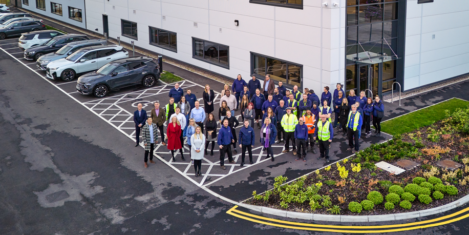February 8, 2023
Poor air quality affects chess players, and it might be affecting you too
 Humans are exposed to poor air quality and pollution almost everywhere. The World Health Organization estimate that 99 percent of the world’s population breathe in polluted air each day. Chess players competing indoors are no exception – and it can affect their performance. A recent study conducted by researchers from Maastricht University (Netherlands) and the Massachusetts Institute of Technology (USA) analysed the quality of chess moves across multiple German chess tournaments. They found that chess experts perform worse when there is more particulate matter (PM2.5) in the air. (more…)
Humans are exposed to poor air quality and pollution almost everywhere. The World Health Organization estimate that 99 percent of the world’s population breathe in polluted air each day. Chess players competing indoors are no exception – and it can affect their performance. A recent study conducted by researchers from Maastricht University (Netherlands) and the Massachusetts Institute of Technology (USA) analysed the quality of chess moves across multiple German chess tournaments. They found that chess experts perform worse when there is more particulate matter (PM2.5) in the air. (more…)










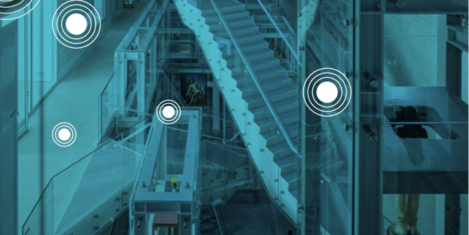





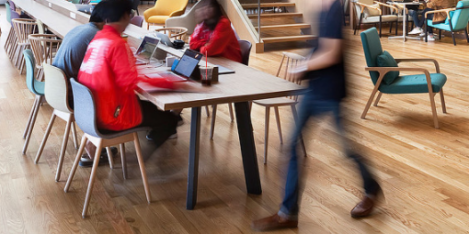
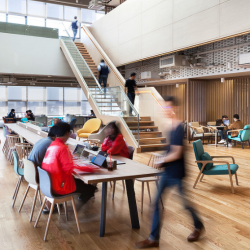
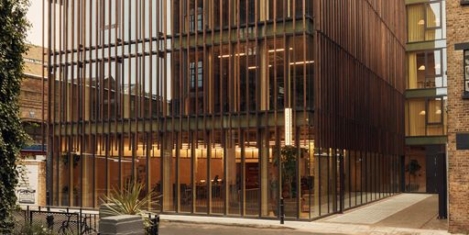
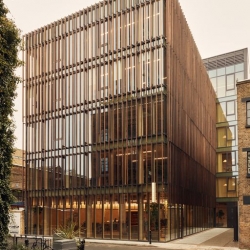 Flexible office provider TOG has announced the opening of its first project built from the ground up – The Black & White Building, located in Shoreditch. The firm claims that The Black & White Building is Central London’s tallest mass timber office, standing at 17.8 metres high and covering 38,315 sq ft. The workspace has been built using renewable materials and innovative construction methods, which
Flexible office provider TOG has announced the opening of its first project built from the ground up – The Black & White Building, located in Shoreditch. The firm claims that The Black & White Building is Central London’s tallest mass timber office, standing at 17.8 metres high and covering 38,315 sq ft. The workspace has been built using renewable materials and innovative construction methods, which 

